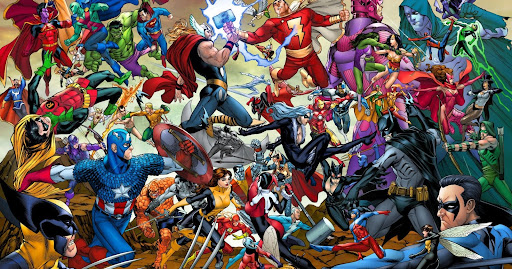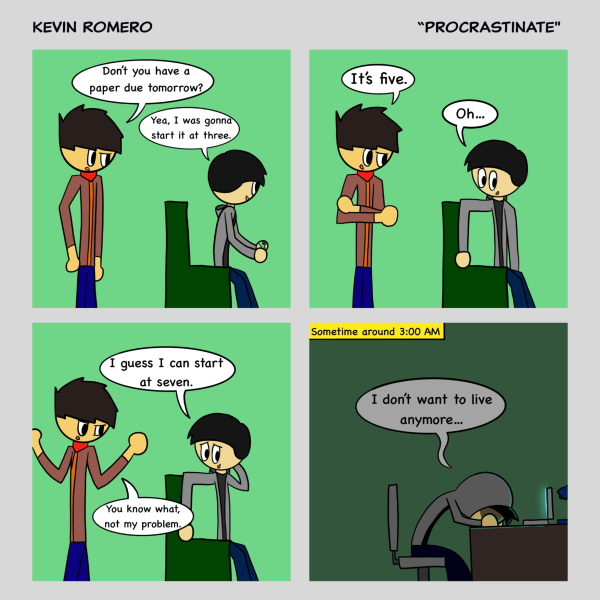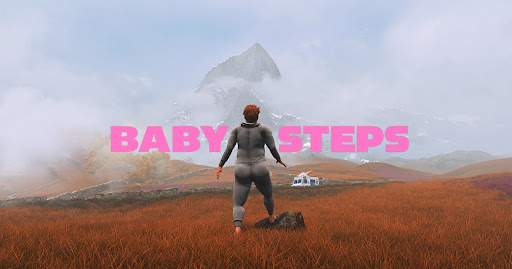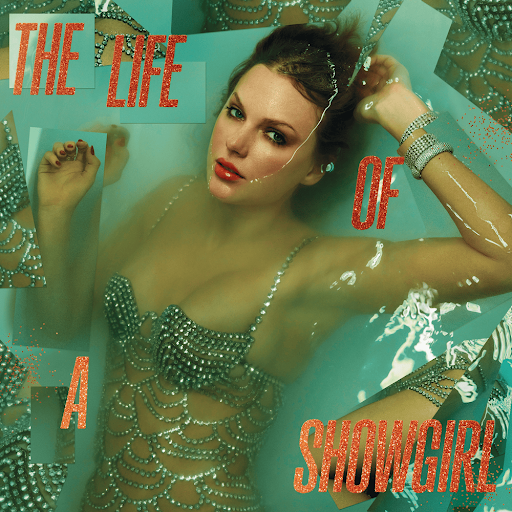The Problem with Marvel vs DC

Photo courtesy: cbr.com
Over recent years, the debate between Marvel and DC has become more and more prevalent as superheroes have become increasingly mainstream within popular culture. The Marvel Cinematic Universe, MCU, is one of, if not the biggest, film franchise of all time with 20+ movies and dozens of shows. For better or worse, superheroes have become a powerhouse in entertainment and their presence isn’t dying down.
While Marvel is undeniably more popular than DC currently, many still debate over which franchise is better, but in those debates, there are a variety of bad and downright false arguments. As someone who is a big fan of both franchises and has no real preference, I think many of these arguments tend to show a fundamental misunderstanding of these franchises.
As stated before, Marvel is undeniably more popular than DC so the debate is definitely skewed in Marvel’s favor. Nevertheless, Marvel receives a multitude of bad criticisms from DC fans. One argument people make is that Marvel is light and fun, whereas DC is more for adults with darker and more mature stories. While yes, most Marvel movies are designed to have mass appeal, to say Marvel, as a franchise, is lighter than DC is just not true.
For one, DC is no stranger to fun and lighthearted stories. Just in the movies alone, DC has made “Aquaman,” “Shazam,” “Birds of Prey,” and “The Suicide Squad.” All of which are far from being dark and edgy. Even in the comics, DC is not inherently darker than Marvel outside of the realm of Batman. Characters like Superman, Wonder Woman, the Justice League, and the Teen Titans are far from what could be considered dark. This whole idea that DC is somehow dark and edgy has mostly spawned from Christopher Nolan’s Batman Trilogy and Zack Snyder’s stint on the DC universe with “Man of Steel” and “Batman vs Superman.” A total of five movies have come to define what the general public view DC as today.
Conversely, Marvel isn’t just light and fun either. Just in the last year, they’ve released “Spider-Man: No Way Home,” “Loki,” and “Falcon and the Winter Soldier,” all of which shed the light and fun tone to focus on character work. Regardless of that, Marvel also has all the Netflix shows which all were mature-rated and gave a darker tone to the MCU. Even if Marvel was just lighthearted and fun, that doesn’t mean it can’t display any signs of maturity. You don’t inherently need a dark and depressing story to display a sense of emotional maturity. Case and point is Matt Fraction’s run on Hawkeye and Mark Waid’s run on Daredevil. Both runs aren’t all that dark and in the case of Daredevil, it’s actually lighter than most of his other iterations. Yet, both display some of the best writing and emotional connection Marvel has ever shown.
Another (and the biggest) misconception is that DC heroes are too godlike, whereas Marvel characters are more down-to-earth and relatable. Regardless of your preference, Marvel isn’t exactly the king of having super down-to-earth characters. In their main pantheon, they have Thor, the Hulk, Iron Man, Captain Marvel, and more. All of these characters have upbringings far beyond what most people would consider relatable yet all of them are great characters. Sure, Marvel has a bevy of street-level characters with relatable struggles like Spider-Man, Daredevil, Iron Fist, Luke Cage, Jessica Jones, and many more but you don’t inherently need relatability to have emotional resonance. Spider-Man isn’t a great character because he can’t pay his bills and constantly struggles to stay on time. He’s great because he chooses to be a good man despite all his struggles and hardship.
Out of the main members of DC’s flagship team, the Justice League, only Superman and Wonder Woman could be considered “Gods.” Even then, Wonder Woman is widely liked by the general audience because she has struggles people can relate to and understand. So if Wonder Woman doesn’t really apply to the criticism then that just leaves Superman. If you asked the average Joe whether they liked Superman, they more often than not will say he’s boring because he’s too powerful and he’s too perfect. To put it simply, that’s just not true. Yes, Superman is a paragon of hope and justice and is the gold standard for a superhero, but that doesn’t mean he isn’t interesting or relatable. Despite his incredible powers, Superman grew up as a simple farm boy from Kansas, not as some god. If anything, his upbringing is more relatable than someone like Batman, who grew up as a billionaire who masters every form of martial arts known to man and becomes a genius inventor and detective.
The reason people don’t really like Superman is that the movies have made people think he’s an emotionless god who doesn’t have any interesting character traits. I won’t deny that Superman in the movies isn’t very good at all, but when engaged in a discussion of Marvel vs DC, it’s important to consider his other appearances. For example, Alan Moore’s “For the Man Who Has Everything” highlights Superman’s desire to live a normal life on Krypton away from the superheroes and bombastic adventures. Grant Morrison’s “All-Star Superman” shows Superman coming to grips with his own mortality, while also making sure the world will be OK without a Superman. Peter J. Tomasi’s “Son of Superman” shows his struggle to raise his super-powered son while riding the fine line between raising him as a normal boy and as a being with exceptional powers. I could go on and on but then you’d be reading this all day.
At the end of the day, a character doesn’t need to look like you or have the same struggles you have for them to be interesting. When you engage in fiction, you also engage in empathy. We don’t relate to a character because their lives and struggles are similar to our own, but we relate to them because we can empathize with their human struggles. We don’t relate to Batman because he has everyday struggles, but because we can see how we would feel if we were in his shoes. There are no boring characters, just bad writers who don’t know how to write those characters.







Daniel • Nov 10, 2022 at 11:01 am
Great article. I enjoy them both. Always disliked the Marvel vs DC debates like they’re both constantly written and drawn by the same creatives.
Jiyu • Dec 19, 2022 at 12:05 am
Ironically, they have sometimes been written and drawn by the same creatives. A number of Marvel writers and artists have crossed over to work on DC properties later in their careers, and DC writers and artists have similarly switched over and worked for Marvel as well.